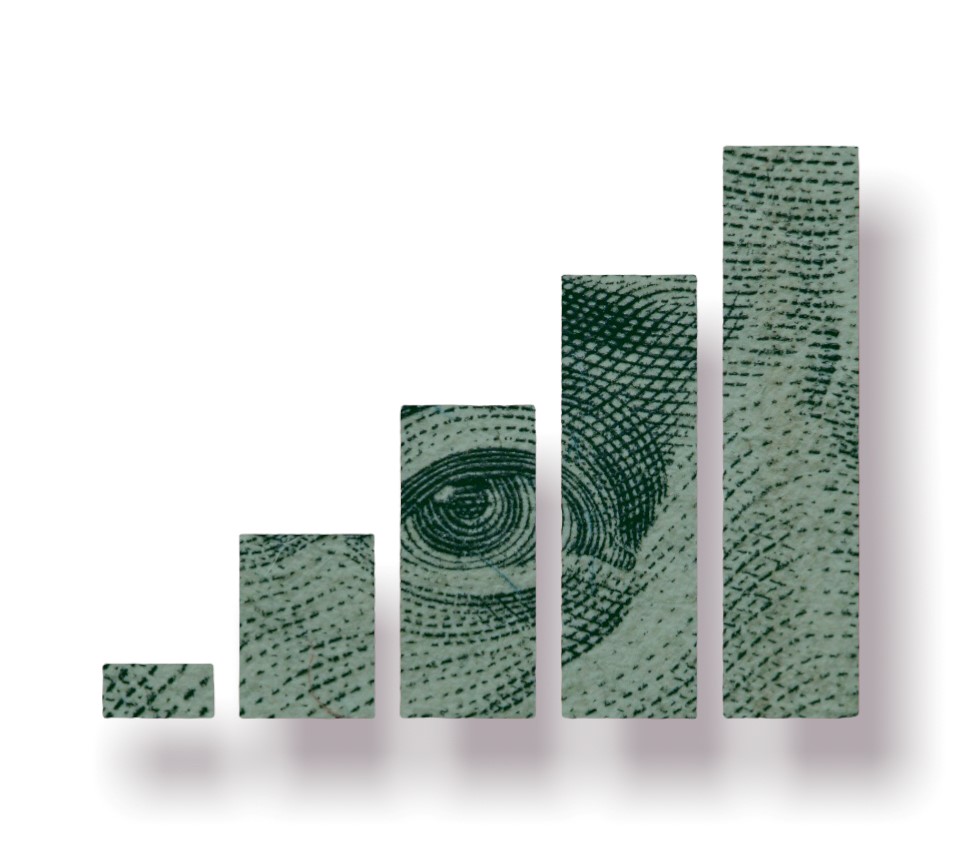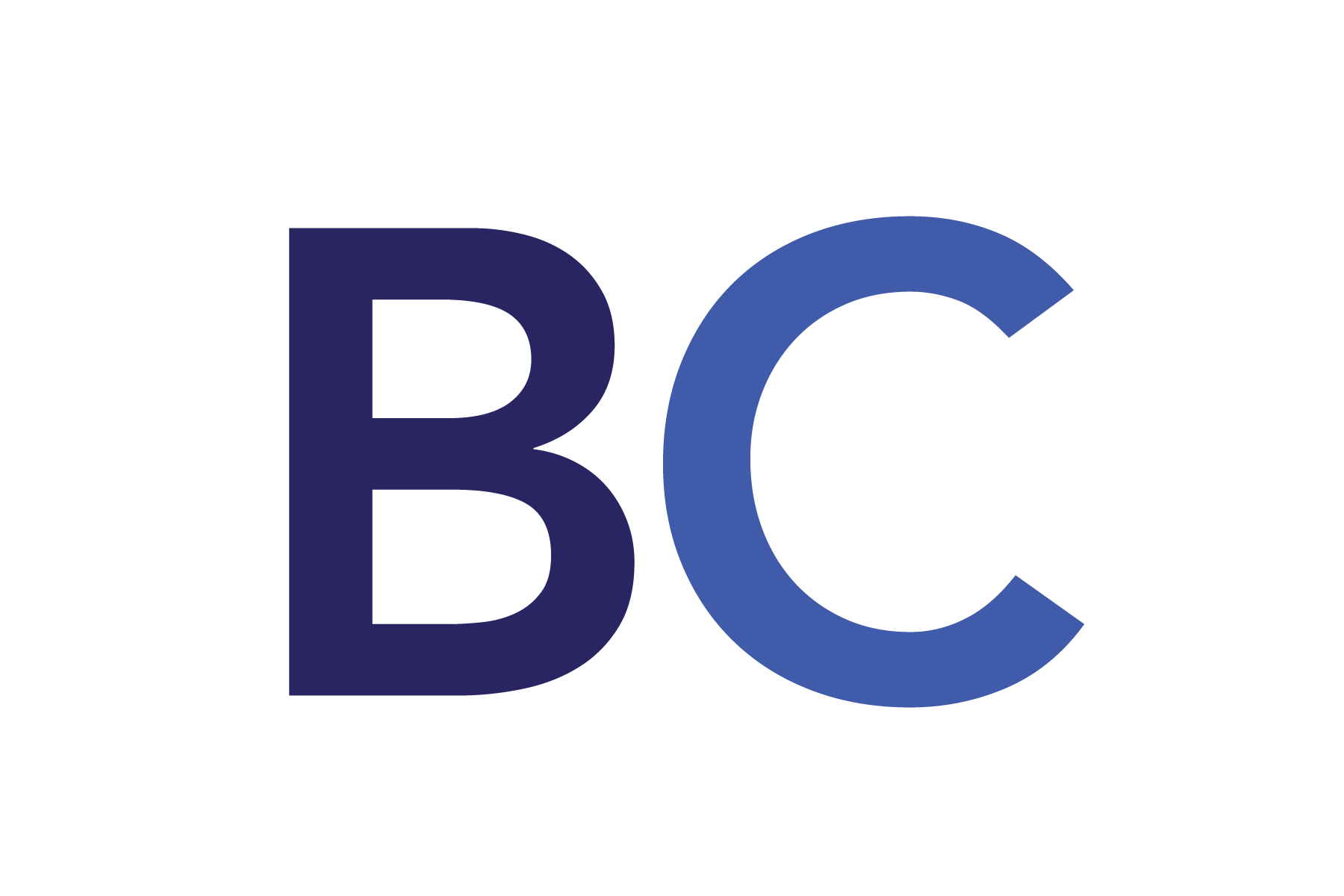Inflation is the rate at which the general level of prices for goods and services rises, eroding purchasing power over time. It means that each unit of currency buys fewer goods and services, reducing the value of money.
Commonly measured by indices like the Consumer Price Index (CPI) or Producer Price Index (PPI), inflation can be caused by various factors, including increased demand (demand-pull inflation), rising production costs (cost-push inflation), or expansionary monetary policies.
While moderate inflation is considered a sign of a growing economy, excessive inflation can harm economic stability by diminishing savings and creating uncertainty in long-term planning.
Central banks often manage inflation through monetary policy, such as adjusting interest rates.
#Inflation #EconomicTrends #PriceStability #MonetaryPolicy #FinancialLiteracy



